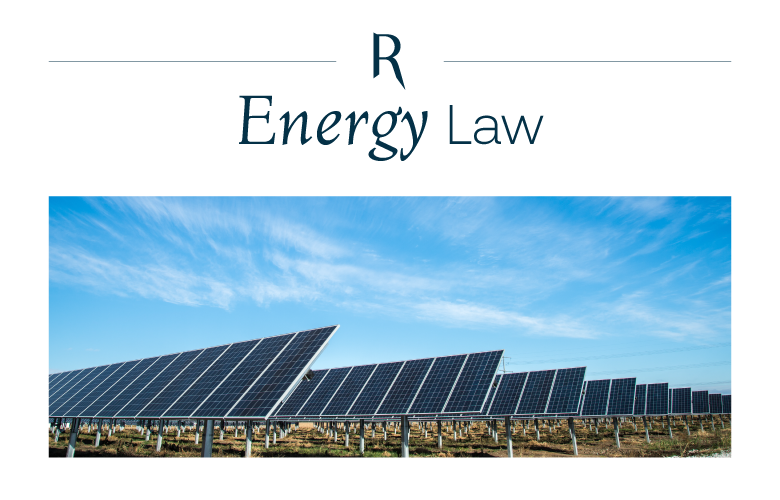Electric Energy storage as a new investment challenge

Under Law no. 4951/2022 (Government Gazette no. A 129/4.7.2022) on the modernization of the licensing process for Renewable Energy Sources (hereinafter RES), the licensing of electricity production and storage, and other related sub-topics; issues related to electricity storage activity were regulated.
Electric energy storage constitutes a new investment challenge with particularly significant implications for the energy market. In particular, the storage activity contributes to:
a) Securing electricity supply, because technological development makes it possible to store electricity, dealing to some extent with RES variability.
b) Balancing electricity networks and saving excess energy,
c) The creation of an orderly internal market with lower prices for consumers.
d) The transition to a carbon-neutral economy.
Electricity storage constitutes a competitive business and thus electricity transmission system operators are prohibited (with some limited exceptions) from owning, developing, managing, or operating energy storage facilities. In other words, the private sector can actively participate in this market that is already developing and will develop further in the coming years.
This specific energy activity is permitted to natural or legal persons who have been granted an electricity storage license or who have been legally exempted from this obligation.
The electric energy storage permit is granted by the Energy Regulatory Authority (E.R.A.) for a period of up to twenty-five (25) years and may be extended for an equal period under the terms and conditions provided for in the abovementioned Law, as well as those included in the Storage Licenses Regulation. Especially concerning pump-storage technology storage stations, the license can be granted for up to thirty-five (35) years.


